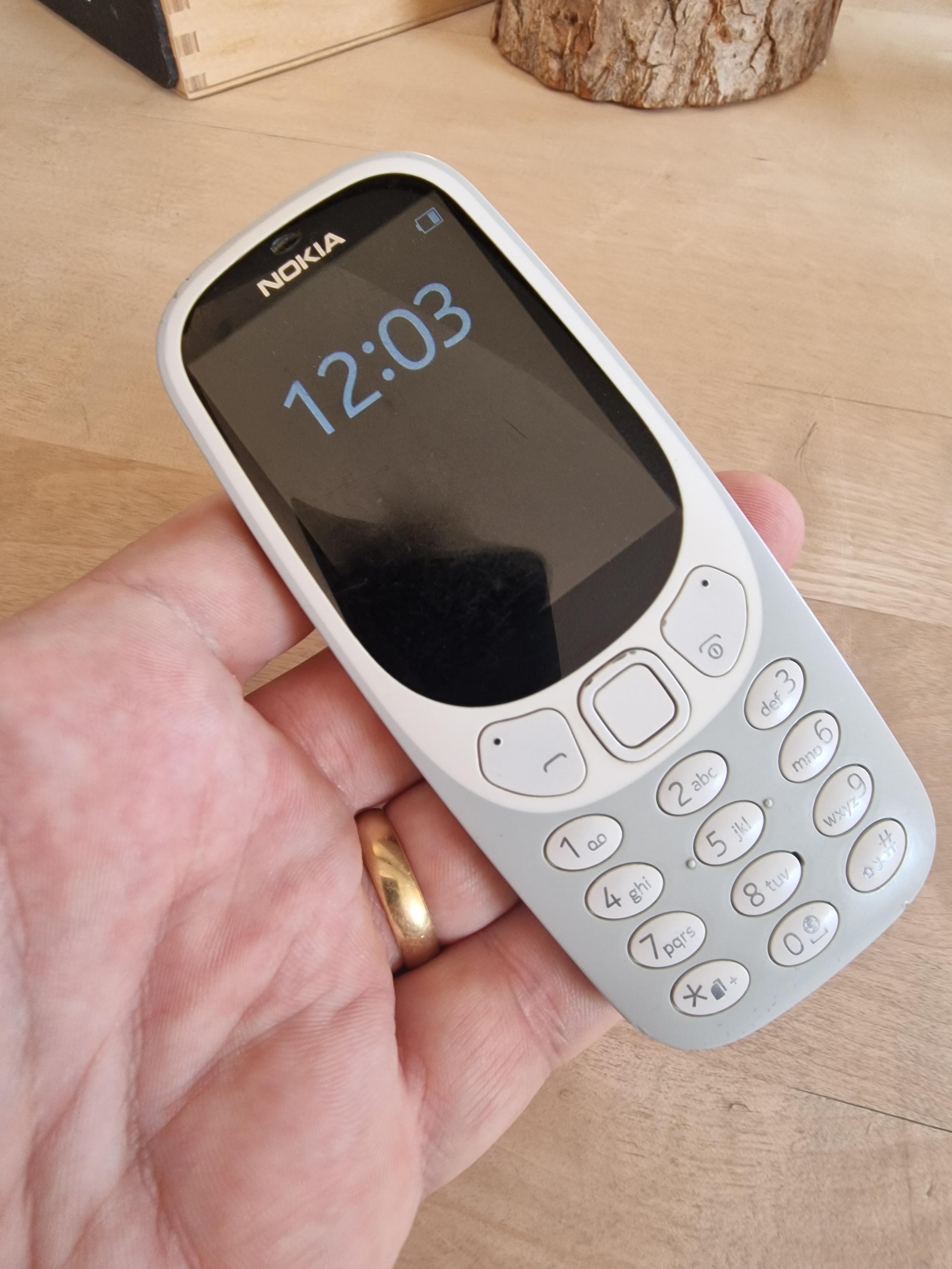@neil No, but this is something I've been actively researching for ... an embarrassingly long time (months) ... with low satisfaction. But as this is on my current to-do list, this toot doesn't count as procrastination 😺
I have a perfectly serviceable early-2000s flip phone which I'd love to reactivate ... but it won't talk to any current-generation mobile cellular networks.
I've looked at current low-feature phones, with interest in the Light Phone and Punkt MP02. Both ... have drawbacks, though I'll likely end up with one or the other.
The MP02 lacks comprehensive protocol coverage, and hence is limited to a subset of local mobile providers, unfortunately the ones I'd most prefer not giving my business. (I'd prefer not giving any of them my business, but that seems unlikely).
The MP02 does offer integrated Signal messaging, which is a strong plus.
The Light Phone is spendy but is also compatible with more carriers, which ... will probably win me. There are a couple of revs on the initial design, though I'd favour e-ink (original) over OLED (LPIII).
What both the MP02 and LP offer is tethering, which means your phone becomes your no-WiFi backup for Internet access, enabling you to use a more-featured, non-telco device for comms.
Which suggests another path:
- Dumbphone for critical on-the-road comms, as needed.
- Dumphone as cellular modem.
- Small-form-factor PC/laptop as primary comms device.
Palmtop PCs (e.g., the Psion 3) are no longer of this world, which is a shame. But smaller laptops, e.g., Framework's 12" (8.45 x 287.00 x 213.88mm, 1.3 kg), are effectively a far-more-capable larger tablet (I've been carrying a 13.3" Onyx BOOX for the past four years), without all the handicapping and crappification of Android. With a Bluetooth earpiece that becomes its own vox comms device, and you have full access to any other comms protocol through your Linux distro of choice, with a full keyboard. The Framework 12 is convertible (360° hinge) with stylus support. It doesn't have an e-ink screen module (yet?), but ... I can live with that. For anything other than on-the-run use, it's likely superior to any smartphone or tablet.
The other issue is vox comms management. I'd prefer not being directly on the PSTN network, so what I'd really like is that my "phone" accepts (and mostly makes) calls to only one other point: a VOIP relay which intercepts all incoming calls and redirects outgoing. Incoming traffic is then limited to only those numbers I allow, or which pass some screening mechanism. And my mobile telco provider gets a Very Boring profile of whom it is I'm in contact with. Whether or not this ideal VOIP service / capability exists I'm not sure, but that's what I'm looking into.
And yes, it would be possible to ditch the phone entirely for a pure-play modem, though the ability to make calls directly in an emergency has its arguments.

